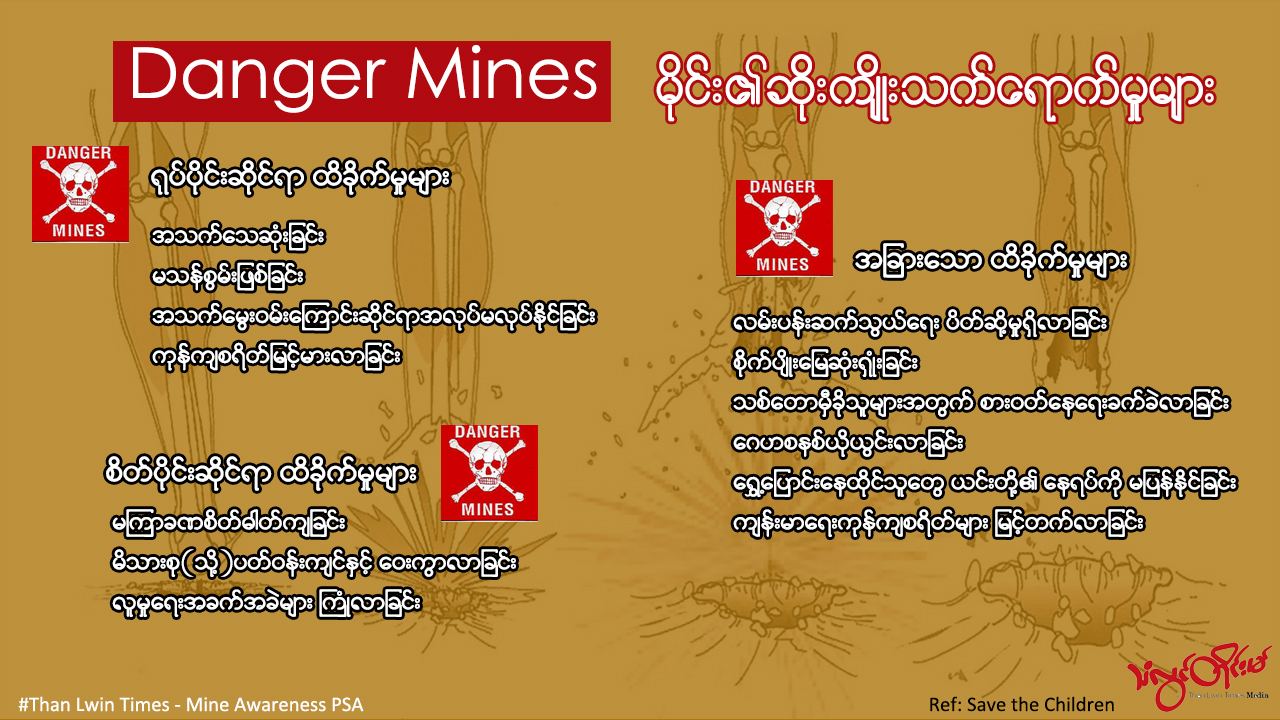Yangon, October (4)
Legal experts say that the military council is sending information on wanted persons in foreign countries to Interpol, the International Criminal Police Organization, and that this is not a concern and that Interpol will not cooperate with the military.
General Zaw Min Tun, spokesman for the military council, said that the military council has been working with Interpol and neighboring countries to hand over the people abroad who have been issued arrest warrants.
Interpol is an organization that cooperates with other international police forces to solve serious crimes such as murder, violence, human trafficking, and illegal drug trade.
U Gyi Myint, a veteran lawyer, said that Interpol will not cooperate because the people wanted by the military regime are accused of section 505 charges related to politics.
Currently, the military council has sent the personal information of those who are taking refuge in foreign countries and alleged involving with the National Unity Government (NUG), Committee Representing Pyidaungsu Hluttaw (CRPH), People Defense Forces (PDF) and those opposing the coup to Interpol.

A few days ago, Han Lay, Myanmar beauty pageant titleholder, was granted asylum in Canada under the protection of the United Nations High Commissioner for Refugees (UNHCR) after her passport was canceled and she was temporarily detained at an airport in Bangkok.
“ASEAN and the United Nations have rejected the military council without allowing them to attend the meeting. I see that Interpol will not comply with the illegal government’s request,” a legal expert said.
Under the regime of former military dictator U Than Shwe, Myanmar became a member of Interpol.
Interpol, which cooperates in international police processes, has 194 member countries and shares information and provides technical and operational support for global investigations.
As a member of Interpol, the regime’s law enforcement agency has access to forensic information and 14 Interpol Information Centers around the world.
In Myanmar, after the military coup, those who opposed the junta were put under various sections and threatened with life, with hundreds of thousands of people taking refuge in Thailand, India and Bangladesh.
News – Than Lwin Times

